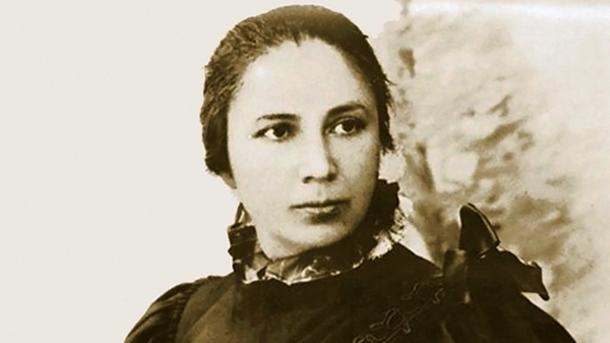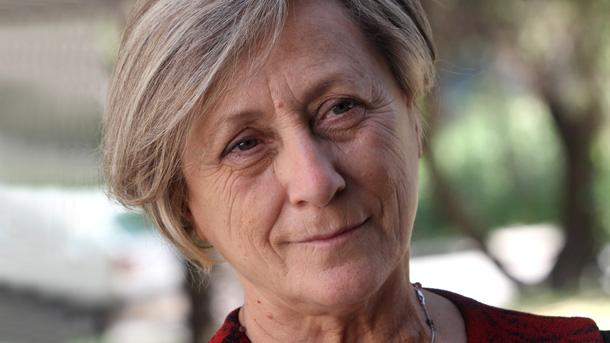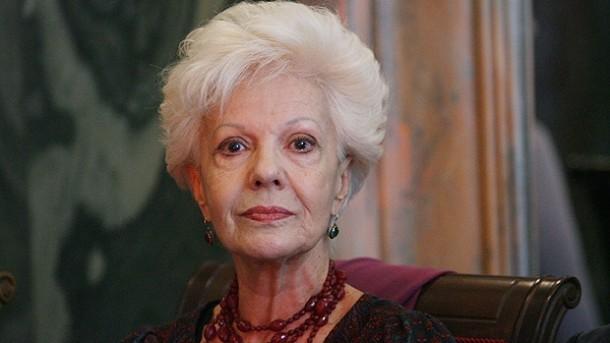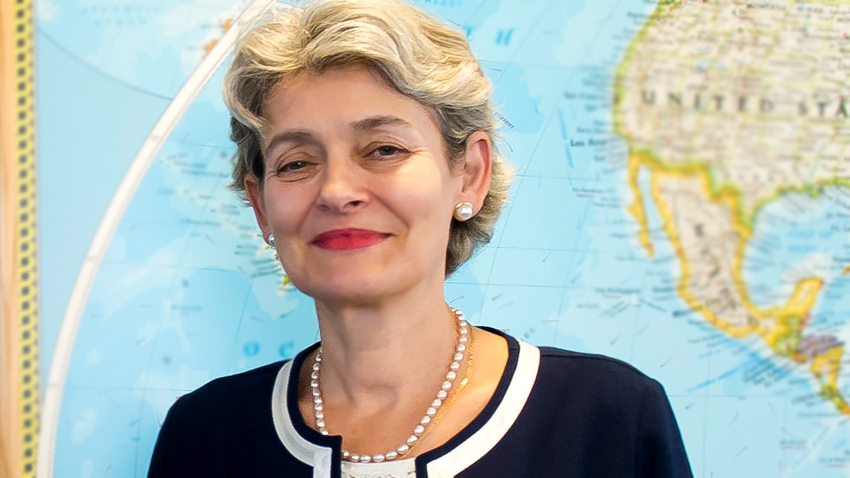The collection of poems Eternal and Sacred by the “First Lady” of Bulgarian poetry Elisaveta Bagryana was first published in 1927. At the time the book was seen as a provocation and signaled a new beginning for the way women in Bulgaria saw their role in life. Bagryana’s poetry has been translated into 30 languages. One of her poems has been included in the most prestigious anthology of The world’s 100 best poems, published in 1979 by renowned French poet and publisher Alain Bosquet - the only Bulgarian author featured in it.
Elisaveta Bagryana is one of the most influential Bulgarian women, included by Ass. Prof. Dr. Tsvetana Kyosseva in her book 50 most influential women in Bulgarian history, which features women from the time of the First and the Second Bulgarian Kingdom, from the National Revival period, from the Third Bulgarian Kingdom, down to modern times. What the author found most difficult was to select the influential women of our own day, because history is the most severe of arbiters and at least 50 years have to pass before history will have its say.

“The first and most important criterion was how this personality changed the life of Bulgarians, whether in a positive or a negative way, no matter,” Ass. Prof. Kyosseva says. “The second criterion – how long this influence had its effect. There are events that come and go, leaving no trace on the face of history. And the third criterion: how many followers the given lady had. Comparing the lives of all of these women, the way I ranked them came naturally to me.”
Top of Ass. Prof. Dr. Tsvetana Kyosseva’s list of the 50 most influential women in Bulgarian history is Ekaterina Karavelova (1860 - 1947). During the post-Liberation period (after 1878), she was the first lady in Bulgaria to have had the courage to blaze the trail for women in other walks of life, not just as mothers or wives. Ekaterina was the wife of Petko Karavelov – twice Prime Minister of Bulgaria, whose lifework was accomplished during his second term of office – the reunification of the Principality of Bulgaria with Eastern Rumelia.




Ass. Prof. Dr. Tsvetana Kyosseva has dedicated 200 pages to these remarkable women. And she says she has a dream: “I hope that 50 years from now, another author will include, in another such book, more names of women from the 21st century!”
Author: Iliana Raycheva
English version: Milena Daynova
On 26 and 27 April, Sevlievo in Central Bulgaria is hosting the festival “Seme Balgarsko ”. For its 11 th edition, the organizers have a colourful traditional lineup. “The festival will enable visitors to meet manufacturers of Bulgarian..
The group cycling tour along the tourist route of the Black Sea Route Epic Tour 2025 started today . According to the extreme sports website 360mag.bg, a group of more than 30 cyclists will spend ten days riding along coastal paths through forests,..
Cambridge Day 2025 - one of the leading events for English language teachers in Southeast Europe - takes place today at the Balkan Hotel in Sofia. For the 19th consecutive year, the conference, organised by Klett Bulgaria Publishing, gathers experts and..
Cambridge Day 2025 - one of the leading events for English language teachers in Southeast Europe - takes place today at the Balkan Hotel in Sofia. For..
Students block the entrances to the Radio and Television of Serbia For 12 days now, students and citizens have been blocking the entrances to..
The group cycling tour along the tourist route of the Black Sea Route Epic Tour 2025 started today . According to the extreme sports website 360mag.bg, a..

+359 2 9336 661
